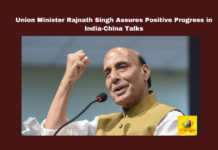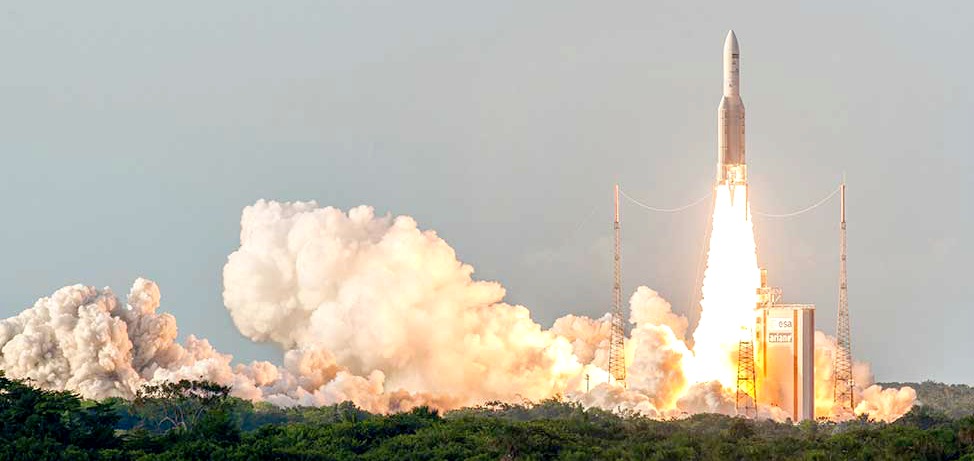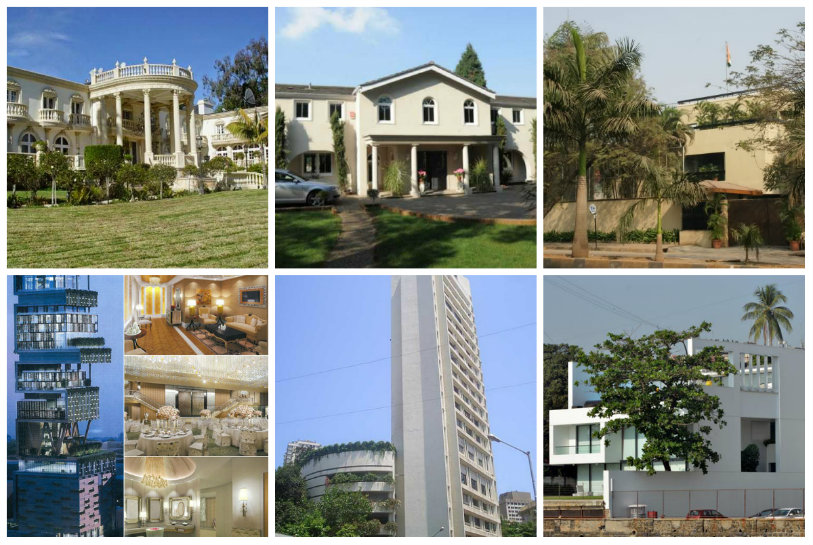First announced in 2014 during the SAARC Summit, when he had just taken over as the Prime Minister of India, Narendra Modi has finally confirmed the launch of the ‘South Asian Satellite’ on May 5th 2017.
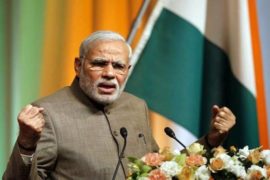

The good news was announced in his Mann Ki Baat, radio address last Sunday in which he emphasized about the concept of ‘Neighborhood First,’ wanting to develop the South Asian region as a whole and not just India. Mr. Modi also laid out the capacities and capabilities of the satellite that “will go a long way in addressing South Asia’s economic and developmental priorities. Natural resources mapping, tele-medicine, the field of education, deeper IT connectivity or fostering people to people contact — this satellite will prove to be a boon in the progress of the entire region. It is an important step by India to enhance co-operation with the entire South Asia… it is an invaluable gift. This is an appropriate example of our commitment towards South Asia,” Modi said in his address.
The spacecraft weighs 2,230 kilograms and costs a whopping 235 Crore rupees which will be met by the Government of India, Minister of State for Atomic Energy and Space, Dr. Jitendra Singh stated. The technology is meant for providing communication and disaster support, connectivity among the countries of South Asia region, mapping of natural resources, tele-medicine, education, IT connectivity and people to people links.
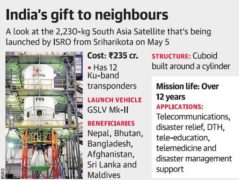

The Indian Space Research Organization (ISRO) is hard at work to successfully launch the satellite that will be a GSLV F09 mission, ninth in the flight of the Geosynchronous Satellite Launch Vehicle (GSLV.) It will also be the fourth of the spacecraft with the incredible indigenous cryogenic engine that will have an electric propulsion system. Apart from being economically efficient, it will also ensure that a heavier payload can be taken into space. Also, with the help of the GSAT-9 communications satellite civilian communications can be accessed.
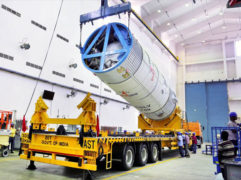

Initially, all the SAARC countries were supposed to be a part of the project. But Pakistan is reluctant to join hands with India and accept its ‘precious gift’ from Modi. The government doesn’t want anyone interfering in their strategic communications. Even though it has been made clear by the Indian government that the countries would be able to autonomously control their ground stations, Pakistan remains reluctant. So besides India, Nepal, Bangladesh, Bhutan, Sri Lanka, Maldives and Afghanistan are on board with Afghanistan just lagging to sign the deal due to minor details. But looks like May 5th is set to be written in history with the impending launch that fosters the companionship of the countries or better put by the Prime Minister as “Sabka Saath Sabka Vikas!”










